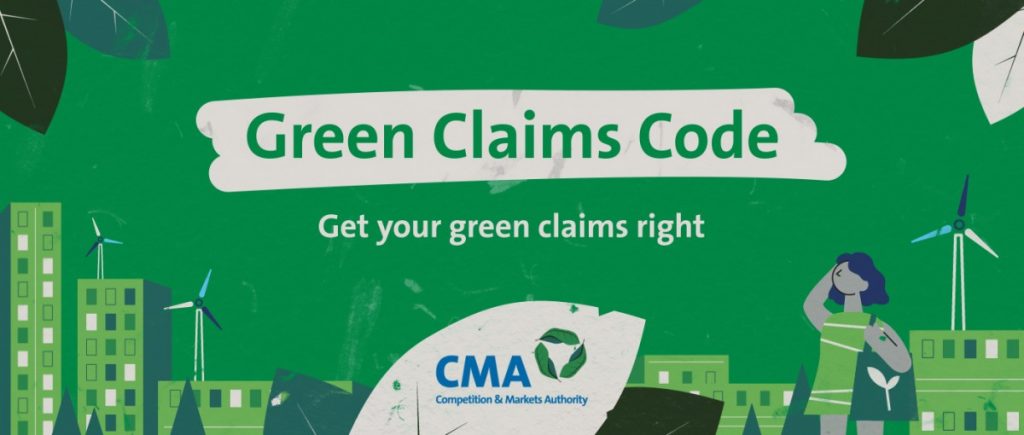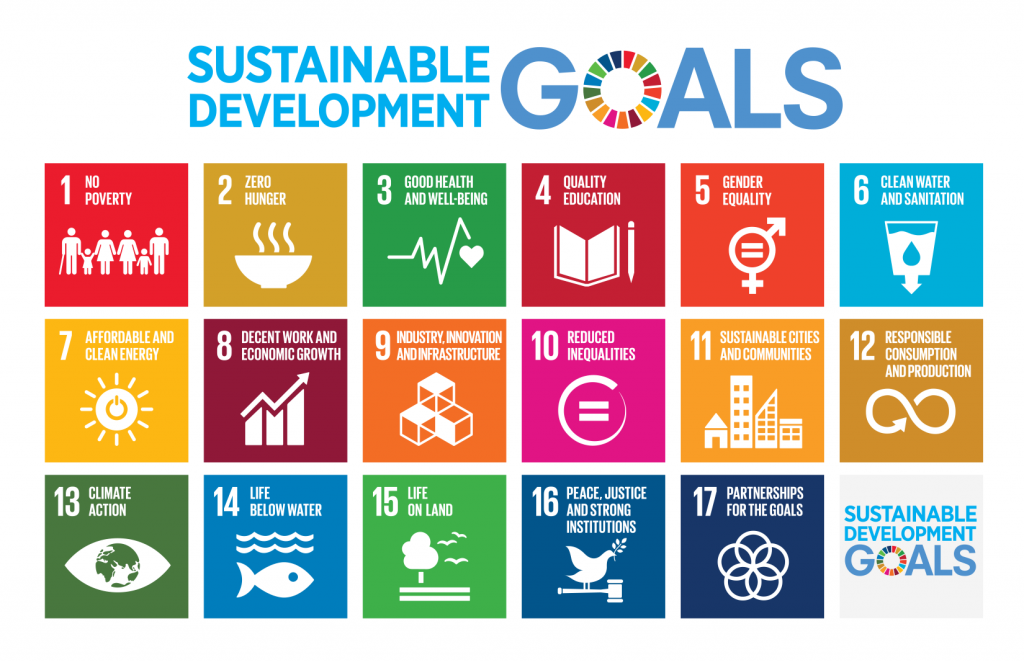
Greenwashing: “where a company uses advertising and public messaging to appear more climate friendly and environmentally sustainable than it really is.”
Whilst many companies do intentionally greenwash to distract consumers from the environmental harm they are causing, other companies are greenwashing unintentionally. This is often due to a lack of knowledge and understanding of the claims that they are making.
What is greenwashing and why is it present?
Over recent years, there have been a surge in consumers demanding environmentally and socially conscious products. This has pressured businesses to make environmental claims to please their stakeholder demands, without fully considering what they are claiming. Increasingly, many clothing brands have claimed they are sustainable, without truly understanding what it means to be sustainable. More recently, businesses are claiming that they are carbon neutral, just because they are using renewable energy.
Research has shown that although awareness of the need to be environmentally friendly is increasing, there is a gap between this awareness and knowledge; businesses are not clear what action to take to reduce environmental impact. Sustainability is a fast-changing topic that requires specialist skills and support to ensure that the right action within a business is taken. The government and the Competition and Marketing Authority are now acting against greenwashing, which should encourage businesses to fully consider the claims that they make, so as not to confuse or mislead the consumer. However, a recent study undertaken by Bridge & Stitch showed that 95% of fashion SMEs did not have a qualified person within their organisation, responsible for environmental action/ This highlights the uphill battle necessary to educate businesses.

Green Claims Code
What can your clothing brand do to avoid greenwashing?
- Your claims must be truthful and accurate
Only claim something that you can prove. If a supplier tells you that the cotton used in their fabrics is organic, for instance, make sure you request certification which proves this. GOTS is an approved certification for organic fabric which provides an excellent benchmark for making claims on organic fabric. To avoid greenwashing, ensure you can provide the detail of your claims to show that they are accurate and honest.
- Ensure your claims are clear and unambiguous
If you are making a claim, for instance, that you are sustainable, make sure you document this, so that you can evidence this claim and the consumer can fully read up on how you have reached sustainability. A lack of evidence or information leads to ambiguity which can reduce the trust from brand to consumer.
- Claims must not omit or hide important relevant information
As we are still in the early stages of recognising the importance of reducing our impact on the planet, there isn’t always green alternatives to everything that we do. The best practice is to be honest with your customers about what could be improved within the business, and show that you are working to find a solution for areas that are most damaging. Hiding or omitting information is seen to be misleading your consumer and could put you in some bother if your company is investigated.
- Comparisons must be fair and meaningful.
It is important to not exaggerate your claims or enhance these to make your brand look better than it is. Work with your supply chain to fully understand the impact your product is having and how any steps you take, to reduce your impact are having on the planet. These could seem small, but it is about educating the consumer that if everyone acted, the cumulative impact would be massive.
- Claims must consider the full life cycle of the product or service
This is probably the most important point of them all. At Bridge & Stitch we have noticed that brands have largely been focused on improving the origin and environmental impact of the fabrics they use. Whilst this is positive, it is only a first step and choosing a sustainable fabric does not mean your garment or your business is sustainable. This is a common misconception. All aspects of your product or service needs to be considered, including the office that you work in, the delivery method you use, yours and your employees travel, manufacturing and the actions and sustainability credentials of anyone else in your supply chain. Finally, it is important to consider the end-of-life of the product. Will this go to landfill? Or can the garment be repaired, reused, or recycled? Until you can track your item from design through to disposal, it isn’t possible for you to make a claim that your business is sustainable.
- Claims must be substantiated
Quite simply, if you can’t prove what you say, don’t say it. Make sure you do your research so that when you are questioned on a claim that you have made, you can articulate your full understanding of the claim and provide evidence that backs up what you say.
If you are a clothing brand wanting to take responsible action, the main advice we can give is to ensure that you consider the full supply chain. Sustainability is about the planet being able to sustain all the actions your business is making, without having a negative impact. It is very difficult to become fully sustainable so it is better to make claims such as “making responsible choices to reduce our environmental impact” which demonstrates a level of commitment to the environment and will ensure that you are not misleading consumers or acting against the Green Code.
To see the policy in full, please click on the link below:
For further information on greenwashing:
Wanting to take environmental action but don’t know where to start? The United Nations, Sustainable Development Goals provides a shared blueprint for peace and prosperity for people and the planet, now and into the future. You can pick 2 or 3 of the goals that are most relevant to your organisation and focus on tasks that will help you to improve your environmental impact.
The 17 UN Sustainable Development Goals






